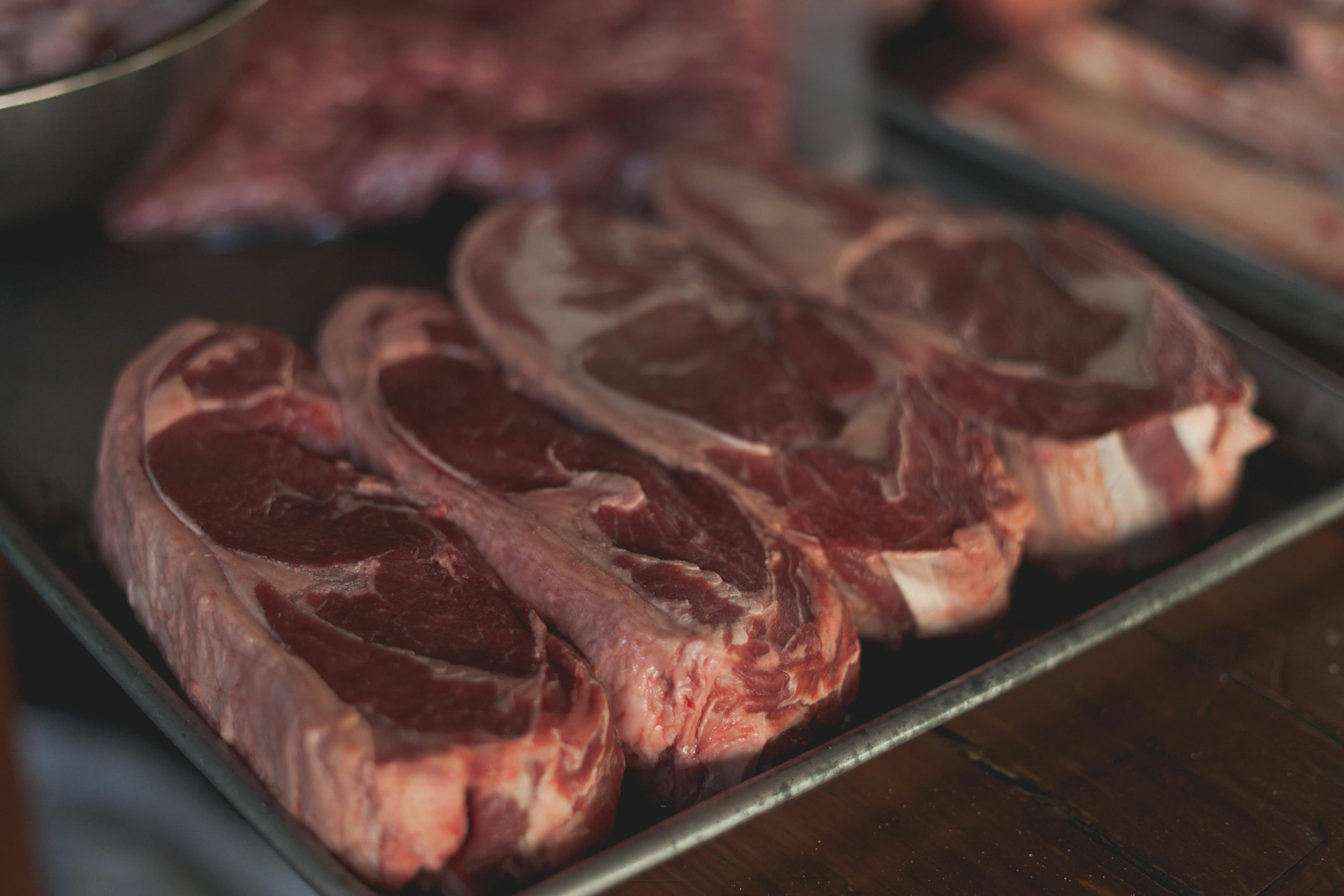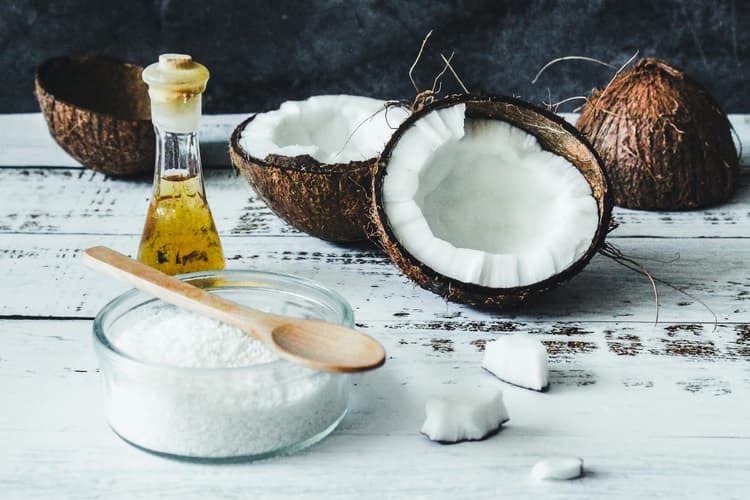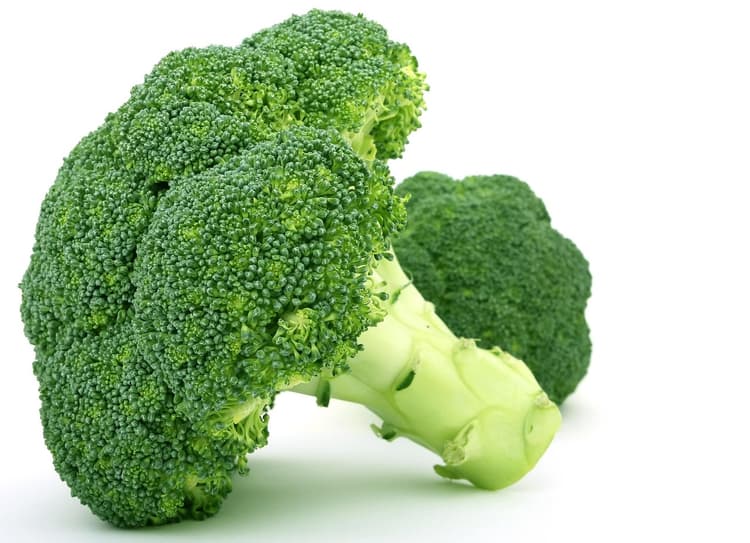While dogs can physically eat raw meat, major veterinary organizations, including the American Veterinary Medical Association (AVMA), the U.S. Food and Drug Administration (FDA), and the Centers for Disease Control and Prevention (CDC) strongly urge against feeding it. Why? Because the risks of nutritional deficiencies, bacterial infections, and contamination far outweigh any potential benefits.
So, if you're wondering why your dog shouldn’t eat raw meat when their wolf ancestors thrived on it, this article breaks it down. We'll answer your key questions about raw meat consumption in dogs—based on science, not myth.
Can Dogs Eat Raw Meat?
“Should dogs eat raw meat?” is a common question among pet parents, especially with the growing popularity of raw food diets on social media. While dogs can eat raw meat, that doesn't mean it’s healthy or safe for them.
Supporters of raw food diets often point to dogs’ ancestors—wild canines and wolves—that thrived on raw meat in the wild. However, modern dogs are not wild animals. They've been domesticated for thousands of years and have developed different digestive needs.
Dogs have notably evolved from wolves, or coevolved with humans and their diets, adapting to more varied diets that include starches. As a result, they live longer, have more sedentary lifestyles, and are better equipped to digest a broader range of foods than their ancestors.
Major veterinary organizations, such as the American Veterinary Medical Association (AVMA), caution against feeding dogs raw meat. This is due to significant health risks, including bacterial contamination, parasite transmission, and nutritional imbalances. Feeding raw meat also raises public health and regulatory concerns, as it can pose risks not only to pets but also to humans handling the food.

Is Raw Meat Good for Dogs?
Many dog owners believe that raw food offers several benefits, including improved digestion, cleaner teeth, healthier skin and coat, increased energy, and even reduced allergies or behavioral issues. However, these claims are largely anecdotal and lack strong scientific evidence to support them.
What Science Actually Shows
According to an article by the University of California, Davis, although proponents claim various health benefits associated with raw meat diets, there is no scientific evidence to support these claims. There are more risks associated with a raw food diet for dogs than benefits. Eating raw meat regularly can raise the risk of nutritional deficiencies.
“On the other hand, there are documented risks of raw diets. Potential disadvantages will vary with individual raw diet and its particular attributes. However, the primary concerns are nutritional adequacy (excesses and/or deficiencies in essential nutrients) and contamination with pathogenic microorganisms (bacteria and parasites). A related but equally important concern specific to the use of whole bones is the significant risk of fractured teeth as well as gastrointestinal obstructions and perforations.”
Is Raw Meat Bad for Dogs? What Vets Say
If you’re asking, “Can I give my dog raw meat?” here’s what you need to know before making that decision.
Health Risks for Dogs
A 2011 study from Cambridge University found that 60% of bone and raw food rations fed to adult dogs in Germany had nutritional imbalances. Many were low in zinc and copper and only provided 70% of the recommended amount of vitamin A. Raw meat can also harbor dangerous pathogens, such as Salmonella, Listeria, and E. coli. which can cause serious illnesses and infections in dogs. Moreover, raw diets pose a greater risk for puppies, seniors, and immune-compromised dogs.
Health Risks for Humans
Not only do zoonotic bacteria pose serious risks to dogs, but they also pose health risks to humans. Harmful bacteria can be transferred when a person pets a contaminated dog, picks up their feces, or is licked on the hands or face. These risks are especially concerning in households with young children, elderly individuals, or anyone with a compromised immune system.
A Bite Off the Floor vs. a Full Raw Diet
While a single bite of raw meat dropped on the floor likely won’t be fatal, regularly feeding raw meat significantly increases the risk of health problems. If your dog consumes raw meat—even just a bite—it’s important to monitor for symptoms like vomiting or diarrhea and consult your veterinarian if either appear.
Can I Feed My Dog Raw Meat From the Supermarket?
While raw meat from the grocery store may look fresh and safe, it is not intended for pet consumption. Unlike pet food, it doesn’t undergo safety processing to reduce harmful bacteria. As a result, feeding raw grocery store meat to dogs carries a higher risk of contamination compared to properly cooked or commercially prepared diets.
Can Puppies Eat Raw Meat? Why the Risk Is Higher
Puppies have developing immune and digestive systems, making them especially vulnerable to infections and nutritional deficiencies. Feeding raw meat to a puppy can lead to bacterial illnesses or impaired growth. Major veterinary organizations—including the AVMA, FDA, and CDC—do not support raw food diets for puppies due to these risks.
What to Do If Your Dog Ate Raw Meat by Accident
If your dog accidentally consumes raw meat, monitor them closely for signs of gastrointestinal distress, such as vomiting, diarrhea, loss of appetite, or abdominal pain. A small amount may not be harmful, but it's important to stay alert.
If you notice any concerning symptoms or are unsure how much raw meat your dog ate, contact your veterinarian or a pet emergency clinic right away.
To avoid future accidents, store raw meat securely and keep it out of your dog’s reach. Using a crate or leash during food prep can help prevent them from snatching uncooked meat off the counter or floor.
Myth vs Fact
Several myths about feeding raw meat to dogs have been circulating, many of which lack scientific support. Here are the facts to help you make an informed decision about what’s truly best for your canine companion.
Myth | Fact |
Dogs are built to eat raw meat like wolves. | Domesticated dogs have evolved differently and lack wild wolves’ immune resistance. |
Raw diets are always healthier and more natural. | Most raw diets are unbalanced and expose dogs to serious bacterial risks. |
Cooking meat removes all its nutrients. | Proper cooking retains nutrition while eliminating bacteria. |
My dog eats raw and is fine. | Dogs may not show signs but still carry pathogens that can harm them or you. |
Raw bones clean teeth better. | Safer dental solutions exist without risking cracked teeth or choking. |
Raw Diets vs Cooked Diets: What’s the Safer Choice?
Most pet owners opt for cooked diets because they are generally safer than raw food. Gently cooked meals provide nutritional benefits while significantly reducing the risk of bacterial contamination, as cooking eliminates harmful bacteria and parasites commonly found in raw meat.
For optimal health, it’s best to feed your dog a veterinarian-formulated cooked diet that ensures proper nutrient balance. If you're looking for a compromise between raw and cooked, freeze-dried or pasteurized options may offer a safer and more convenient alternative.
Frequently Asked Questions
Сan dogs eat raw chicken?
While your dog can technically eat raw chicken, it is important to remember the risks of feeding dogs raw meat. Raw meat can provide a haven for bacterial pathogens, such as Salmonella or Listeria, that can only be eliminated when the meat is cooked at high temperatures.
Can dogs eat raw mince?
Just as with raw meat, raw mince can also harbor harmful bacteria and is not recommended by veterinarian bodies.
Can dogs have raw ground beef?
While dogs can eat raw ground beef in small amounts, it is usually not a good idea. And if your dog ate raw beef in large quantities, it's crucial to look out for signs of gastrointestinal illness because raw ground beef can have Salmonella, a bacterial contamination.
Сan dogs eat raw hamburger meat?
Veterinarians generally do not recommend raw hamburger for dogs and warn against bacterial contamination, such as E. coli, that can be harmful to dogs and people, according to the American Kennel Club.
Can dogs eat raw steak?
No, feeding raw steak to your dog is not recommended due to potential bacterial contamination and parasite transmission, which can lead to illnesses.
Can dogs eat raw meat without getting sick?
If you feed your dog a little raw meat, it probably won’t hurt them. However, it’s best to avoid offering them even a little bite, as it can cause illness due to the pathogens that reside on it. Also, domesticated dogs often have sensitive stomachs, unlike wild animals, which means they can most likely have gastrointestinal issues if raw food is consumed in large quantities.
My dog ate raw meat. What should I do?
If your dog has consumed a tiny amount of raw meat, they will likely be fine. However, if ingested in large quantities, watch out for symptoms of distress or illness, such as vomiting or diarrhea, and contact your veterinarian immediately.
Reference List
https://www.fda.gov/animal-veterinary/animal-health-literacy/tips-safe-handling-pet-food-and-treats
https://www.science.org/content/article/diet-shaped-dog-domestication
https://healthtopics.vetmed.ucdavis.edu/health-topics/nutritional-management-patients-cancer
https://extension.psu.edu/food-safety-dangers-of-raw-pet-food
https://www.akc.org/expert-advice/vets-corner/can-dogs-eat-hamburger/







